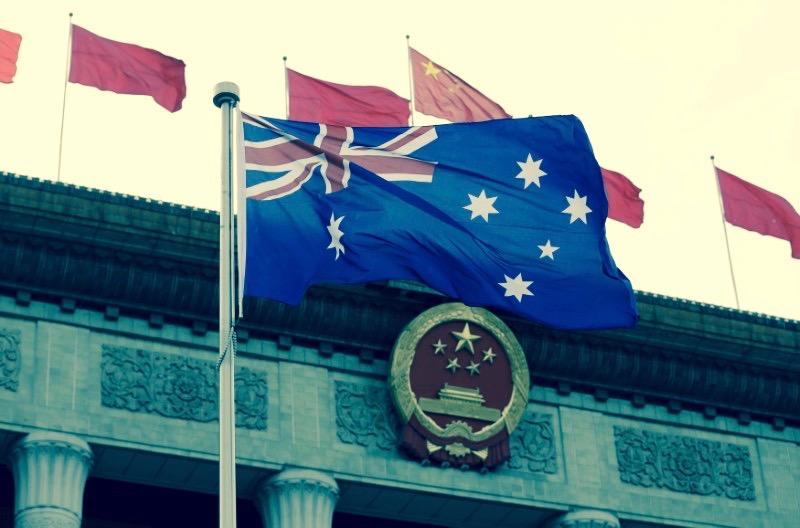Australian public broadcaster SBS has temporarily stopped its broadcasts from Chinese state-run television CCTV and CGTN after receiving a complaint from a human rights group that both channels had aired dozens of forced confessions.
SBS announced on Friday it was reviewing a letter of complaint sent by the human rights organization Safeguard Defenders, which highlighted “serious human rights concerns”.




